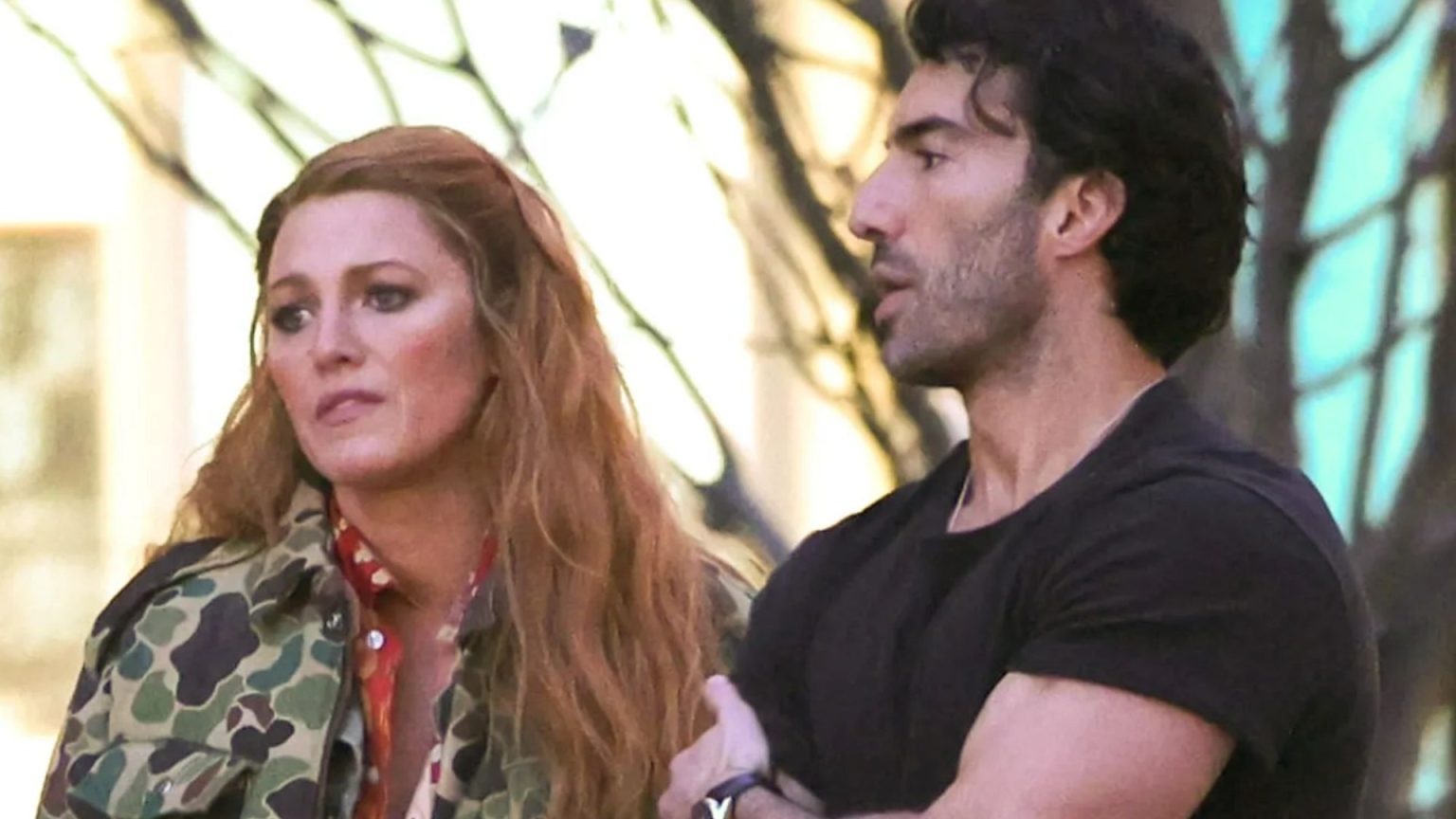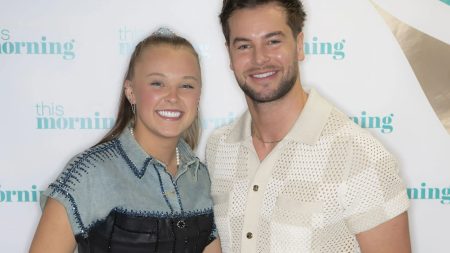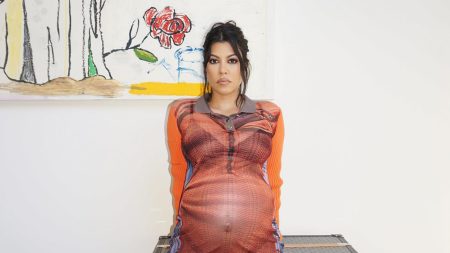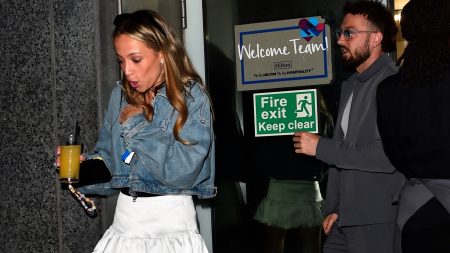The entertainment world is captivated by a bitter legal battle between actors Blake Lively and Justin Baldoni stemming from their collaboration on the film “It Ends With Us.” Baldoni, who directed and co-starred in the film adaptation of Colleen Hoover’s novel, has filed a $400 million countersuit against Lively and her publicist, Leslie Sloane, alleging a smear campaign aimed at destroying his career and reputation. He claims Lively orchestrated this campaign to deflect criticism she received for promoting her personal brands during the film’s press tour, which dealt with the sensitive topic of domestic violence. Baldoni’s lawsuit portrays Lively as attempting to seize creative control of the film, citing email exchanges and alleging she disregarded the source material, even resorting to Googling her character’s hair color instead of reading the book. He also claims Lively involved her husband, Ryan Reynolds, and friend Taylor Swift in ambushing him over creative decisions and ultimately barred him from the film’s premiere.
Lively’s legal team has vehemently denied Baldoni’s accusations, characterizing his lawsuit as a classic case of “DARVO” – Deny, Attack, Reverse Victim Offender. They argue Baldoni is retaliating against Lively’s previous sexual harassment allegations against him. Lively’s initial lawsuit detailed instances of alleged fat-shaming, inappropriate displays of nude content, and discussions of a past porn addiction by Baldoni on set. She further claims to have requested the removal of explicit scenes beyond the original script. Lively’s team asserts that Baldoni’s accusations of her taking creative control are a deflection tactic and that evidence will reveal negative experiences other cast and crew members had with Baldoni and his production company, Wayfarer Studios. They emphasize that Sony, the film’s distributor, entrusted Lively with overseeing the final cut, which ultimately achieved commercial success.
The legal dispute has escalated into a war of words, with both sides presenting conflicting narratives supported by alleged evidence. Baldoni’s lawyer, Bryan Freedman, insists they possess a wealth of untampered evidence, including text messages, emails, and video footage, demonstrating Lively’s malicious intent. He claims Lively will ultimately regret her actions and will be held accountable for exploiting real victims of harassment for personal gain. Freedman portrays Baldoni as having nothing to hide, emphasizing the veracity of their documented evidence.
Conversely, Lively’s legal team dismisses Baldoni’s lawsuit as a desperate attempt to shift blame and silence her allegations of sexual harassment. They argue his accusations are baseless and will not withstand scrutiny. They accuse Baldoni and Wayfarer Studios, backed by a billionaire co-founder, of using their resources to manipulate public perception and retaliate against Lively for speaking out. They highlight the common trope of blaming the victim and assert that the evidence will ultimately vindicate Lively and expose Baldoni’s misconduct.
The ongoing legal proceedings promise a protracted and complex battle, with both sides entrenched in their respective positions. Baldoni’s claims of a calculated smear campaign juxtapose sharply with Lively’s allegations of sexual harassment and a hostile work environment. The starkly contrasting narratives, supported by alleged evidence from both parties, create a challenging landscape for determining the truth. The substantial financial implications of the lawsuit further amplify the stakes, placing immense pressure on both Lively and Baldoni.
The case highlights the pervasive issue of power dynamics within the entertainment industry and the challenges faced by individuals who come forward with allegations of harassment. The conflicting accounts presented by Lively and Baldoni underscore the complexities of such cases, often characterized by “he said, she said” scenarios that require thorough investigation and careful consideration of all available evidence. The outcome of this legal battle will undoubtedly have significant repercussions for both actors’ careers and reputations, and will likely contribute to broader conversations surrounding accountability and workplace conduct in Hollywood. The involvement of high-profile figures like Ryan Reynolds and Taylor Swift further intensifies public interest in the case and adds another layer of complexity to the unfolding legal drama.











